Search Results
Showing results 1 to 20 of 85
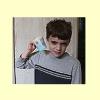
Mix and Match
Source Institutions
In this activity (7th activity on the page), learners use their sense of hearing to find a "sound match." Learners shake containers filled with items like dry seeds, sand, beans, etc.
The Jelly Bean Challenge
Source Institutions
In this activity, learners explore how their sense of smell affects their taste buds. Learners taste different flavored jelly beans while holding their nose.
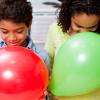
Smelly Balloons
Source Institutions
In this activity, learners sniff out scents hidden in balloons! After investigating, learners discover we sometimes can use another sense (smell) to detect things too small to see.
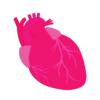
Pulse Pointer
Source Institutions
In this activity, learners investigate circulation and measure their own your heartbeat. A heart rate, or pulse, is the number of times the heart beats per minute.
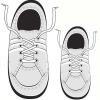
The Length of My Foot
Source Institutions
In this math lesson, learners explore the concept of using units to measure length. Learners first read "How Big is a Foot" by Rolf Myller and learn about units.
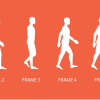
Design a Microexpression Zoetrope
Source Institutions
In this engineering design challenge, learners animate a facial expression and make a machine (zoetrope) that plays the animation back.

Gummy Shapes
Source Institutions
In this activity, learners use chemistry to “self-assemble” gummy shapes. Learners discover that self-assembly is a process by which molecules and cells form themselves into functional structures.
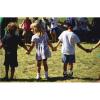
In the Middle
Source Institutions
In this game-like activity (5th activity on the page), learners explore their auditory acuity as well as the importance of having two ears.

Cover Your Mouth
Source Institutions
In this health activity (page 3 of the PDF), learners will discover why covering their mouth and nose while sneezing is so important.

Safer with Science-Masks
Source Institutions
Why should we wear masks? Do masks work? Do some masks work better than others? Learners find out in this activity.
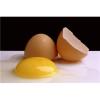
Protect That BRAIN!: Mr. Egghead
Source Institutions
This activity demonstrates the importance of wearing a helmet to protect the brain. An egg is used to symbolize a head with the shell as the skull and the inside of the egg as the brain.
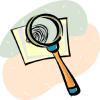
Fingerprint Identification
Source Institutions
In this activity (on page 2) about fingerprint analysis, learners use graphite from a pencil and scotch tape to capture their fingerprints.
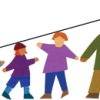
Line Up: Using Math To Stand In Line
Source Institutions
Put math of measurement into lining up — and make waiting in line fun. Choose a size characteristic that learners can physically compare, such as foot length or hair length.
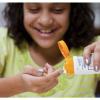
Invisible Sunblock
Source Institutions
In this activity, learners find out why some mineral sunblock rubs in clear. Learners compare nano and non-nano sunblocks and discover how particle size affects visibility.
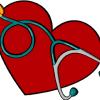
Stethoscope
Source Institutions
Make a copy of the first stethoscope with only a cardboard tube! René Laennec invented the first stethoscope in 1819 using an actual paper tube!
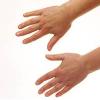
Go with the Flow
Source Institutions
In this activity, learners discover how hard their hearts work to pump blood.
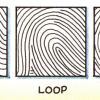
Yabba-Dabba You
Source Institutions
In this activity, learners explore genes and traits. Learners investigate their fingerprints and learn how to categorize them.
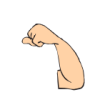
A Book About Me
Source Institutions
In this math activity, each learner creates a book about themselves using a template. Learners discuss the different parts of the body and practice measuring their body parts using crayons.
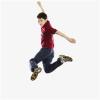
Stepping Out: Hop, Skip, Jump
Source Institutions
In this activity, learners explore and experiment how we can use our bodies everyday to get from one place to another.
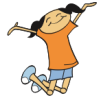
Work Up An Appetite
Source Institutions
In this activity, learners participate in fun movement activities while playing on a giant game board. Use this activity to get learners involved in physical activity.
